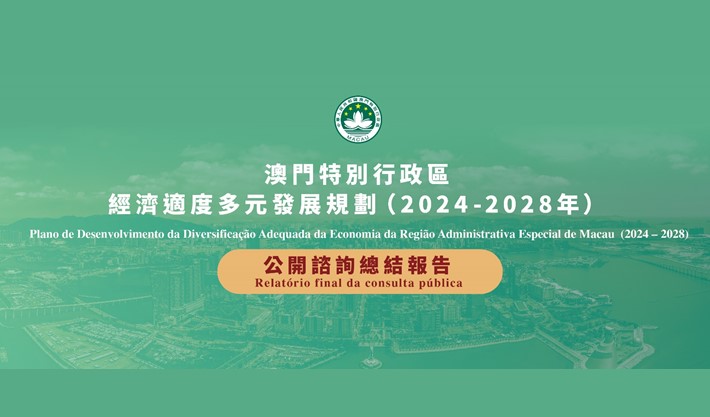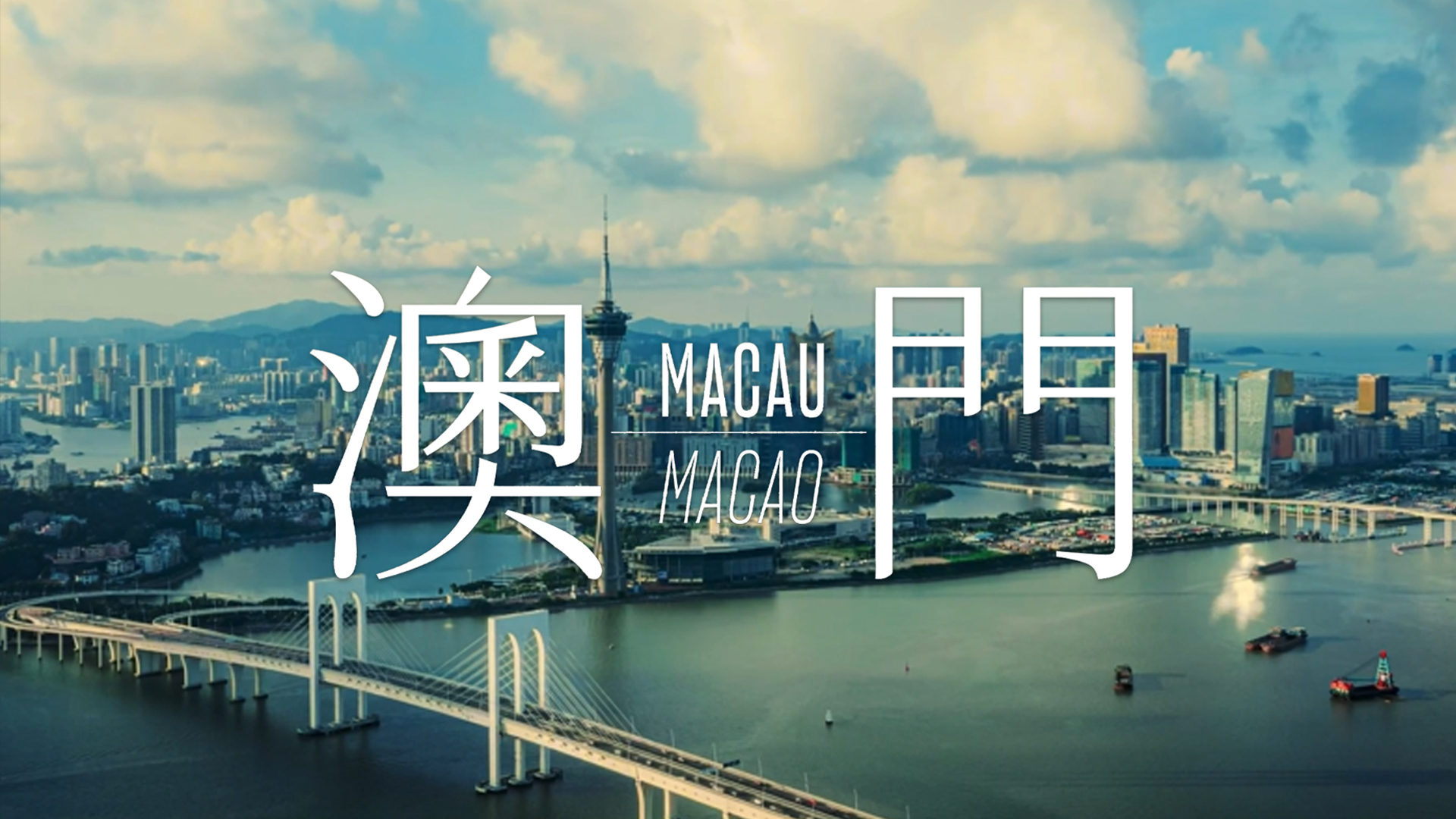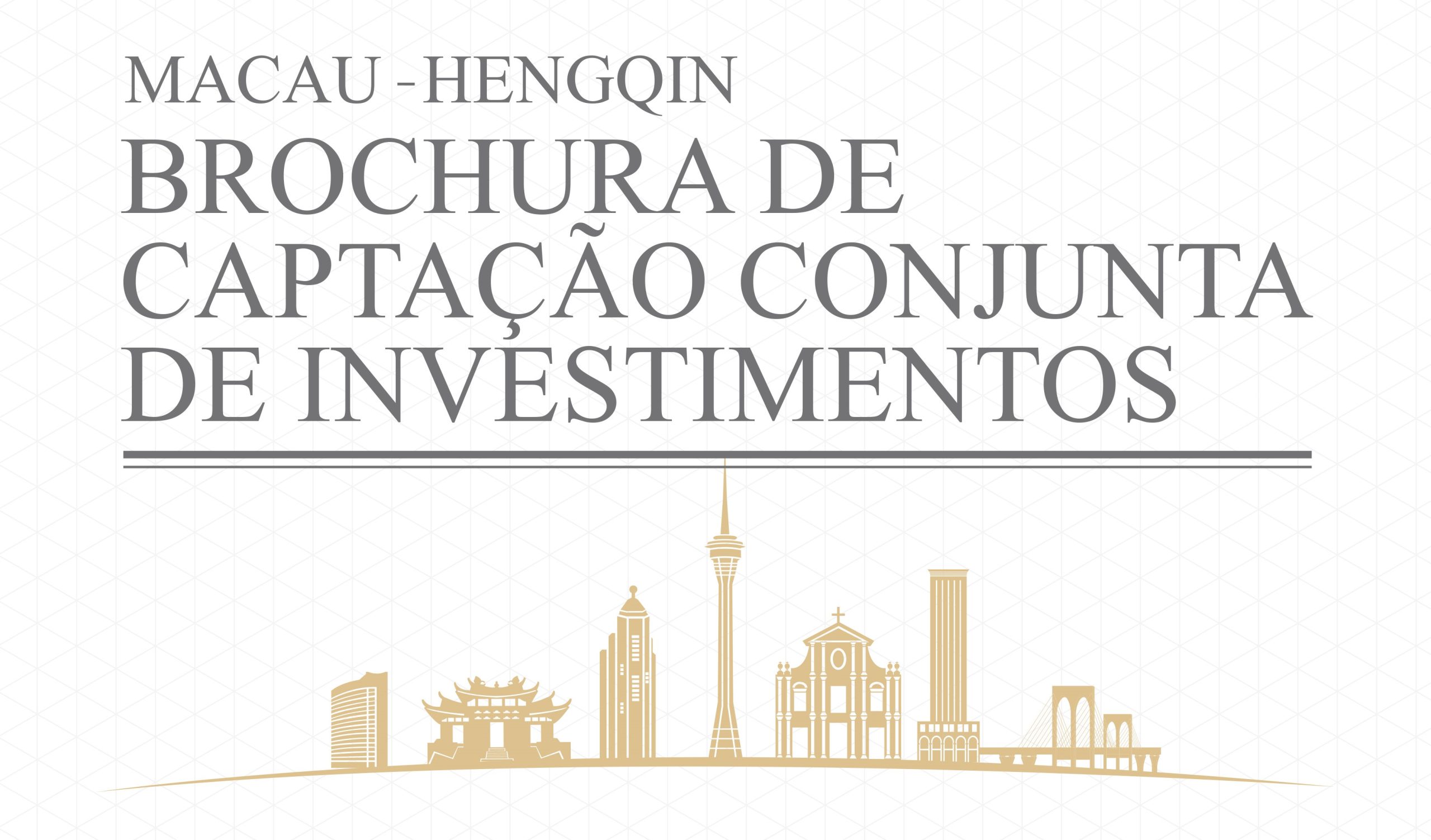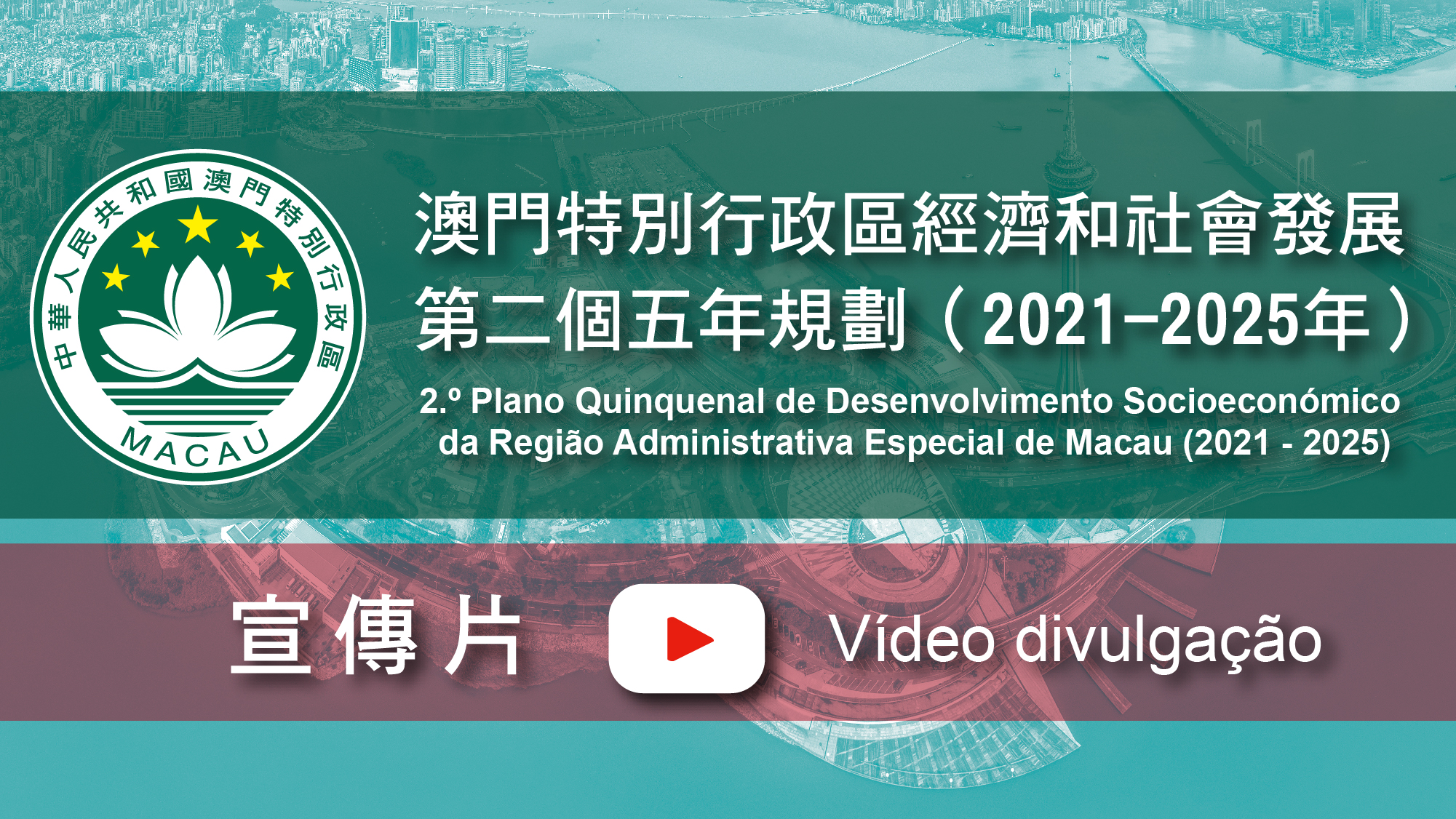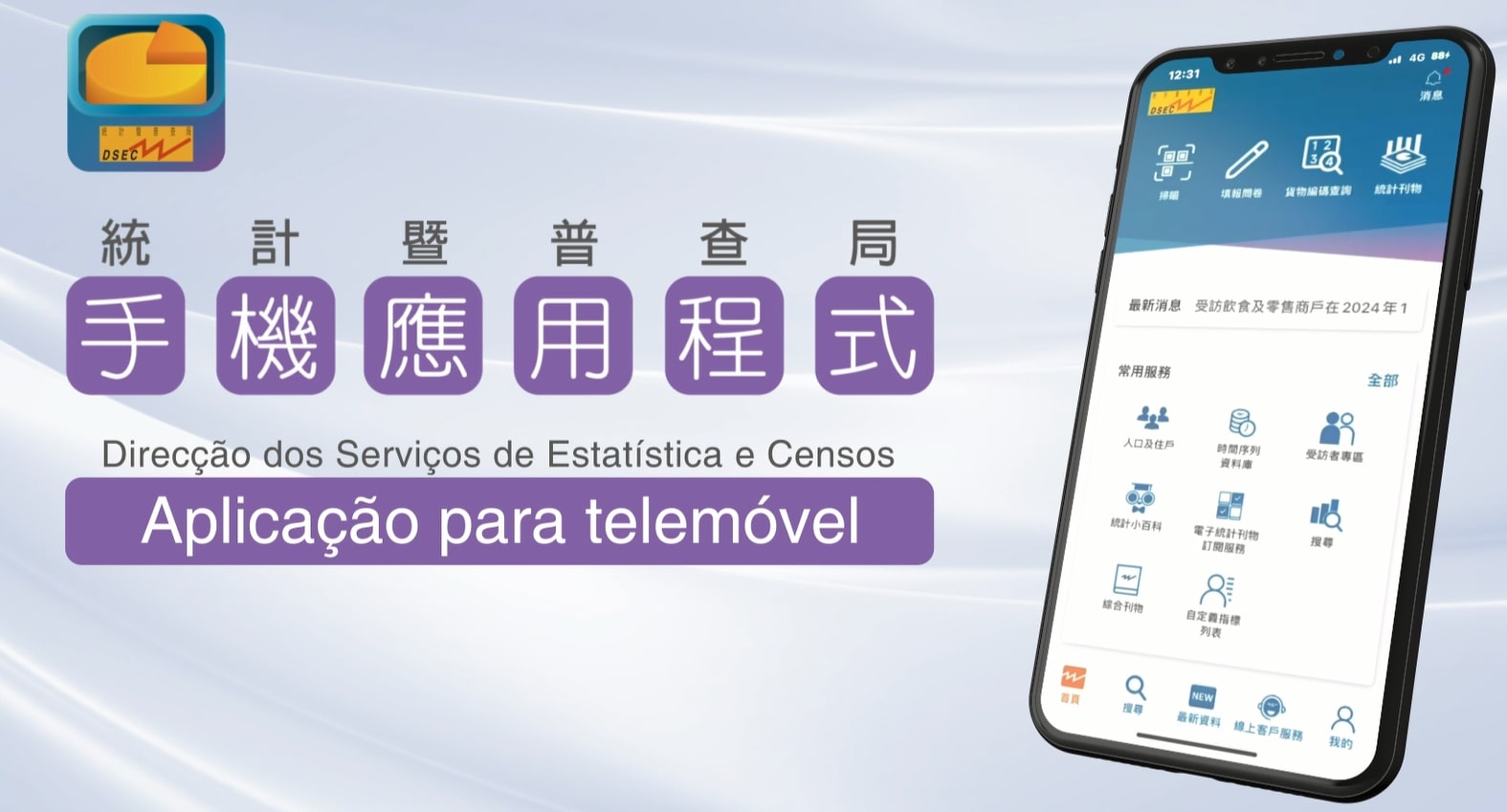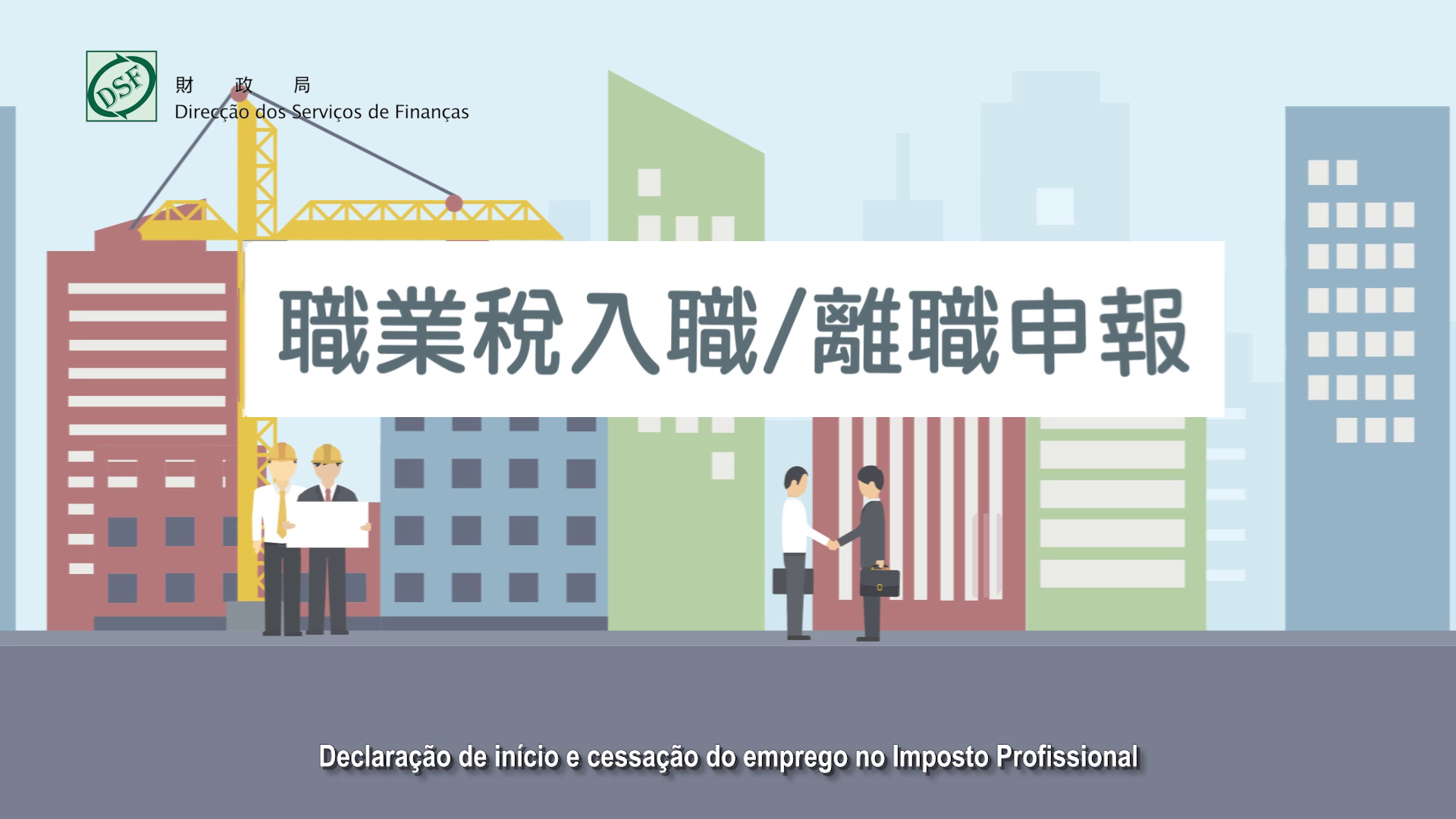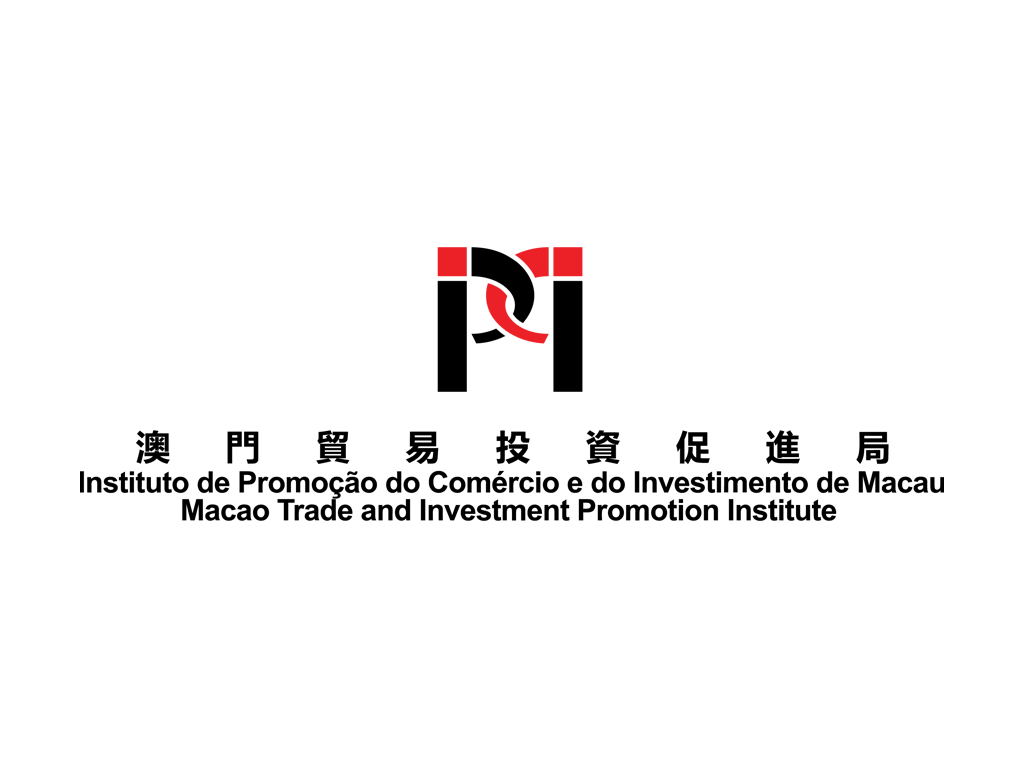Pesquisar
Products of the Portuguese-speaking Countries will have a much bigger showcase in the fiercely competitive E-commerce market in Mainland China, say those in the know. Sino-Portuguese E-commerce Chamber Executive Vice-President Johnny Ma tells Macao Image that the chamber will shortly join what he describes as “one of the biggest E-commerce platforms” in China. That means either Taobao, part of Alibaba Group, or its rival, Jindong.
Entrepreneurs in the Portuguese-speaking Countries are not alone in eyeing the nearly 1.4 billion Mainland Chinese consumers. The Companhia de Telecomunicações de Macau (CTM) E-commerce website, Macau Good Hands, was launched in March 2017 to help Macao merchants sell their products in the city. CTM Business Services and Development Officer Nicole Wan Nip Hong tells Macao Image that her company now has plans to open Macau Good Hands for business in Mainland China this year.
The Macao SAR Government is focusing on making the city a Commercial and Trade Co-operation Service Platform between China and Portuguese-speaking Countries, as one of the main ways to make the Macao economy less dependent solely on tourism and gaming industry. Mr Ma says that even though Macao had 32.6 million visitors last year – the most in any year yet – the market in the city is still small. He believes the best way to increase business is to exploit the special status of Macao to open up a path to the Mainland Chinese E-commerce market.
Ms Wan says Macau Good Hands has the same strategy for the long term. The E-commerce website concentrated in the beginning on selling the wares of Macao merchants. When foreign merchants try to enter Chinese-speaking markets, language and cultural differences can be a big problem.
Mr Ma says Macao can make such differences less of a problem because its unique history means Portuguese is an official language in the city. He believes the Portuguese-speaking Countries – and particularly Portugal, which he visits regularly – have products that are suitable for the Mainland Chinese market and are of good quality, and that sell for prices more acceptable than the prices of similar goods from other sources.
Advertising imperative
However, the road ahead is uphill, Mr Ma says. “Chinese consumer purchasing power is quite strong now, but products from the Portuguese-speaking Countries are not broadly known in the Chinese market,” he says. Famous Western brands have invested a lot of money in the past few years in advertising their products online in China, because that is where consumption, especially among the young, is growing.
Entrepreneurs in the Portuguese-speaking Countries are starting from behind and so will have to spend time and money to spread the word about their wares. “It would take a very experienced operations team that knows how to promote through the Internet – and that costs a lot,” Mr Ma says. He regards the notion that E-commerce is low-cost commerce as a fallacy. “Right now, the costs of E-commerce are almost the same as those of conventional channels for commerce, because a lot of money goes into online promotion.”
Fierce competition online means that the seller of any foreign product entering the Mainland Chinese market has to give good information about the product, “such as pictures at least”,
Mr Ma says. To make a product stand out, “you need to have a good story to give our promotion team,” he says. But Macao middlemen have trouble putting together the essentials of good sales.
Macao merchants have some strengths, though, says Ms Wan. “Merchants are really clever, and know how to use social media, which is a big skill,” she says. Since some of the biggest social media in the world, such as Facebook and Twitter, are blocked in Mainland China, Chinese social media such as Weibo and WeChat are the most important ways of advertising products there online.
Mr Ma says that among the low-cost ways of reaching potential buyers in Mainland China, the best is to attend conference and exhibition events organised by the Macao Trade and Investment Promotion Institute (IPIM). Wine and food tastings are particularly popular, he says.
Gateway: Nansha New Area in Guangzhou
In August 2017, a logistics channel was opened to take goods made in Macao or the Portuguese-speaking Countries that are sold online by Macao companies, and to move them across the Macao border to the Nansha New Area in Guangzhou. The new logistics channel was jointly launched by the Macao Economic Bureau, the Guangdong Entry-Exit Inspection and Quarantine Bureau, the Nansha Entry-Exit Inspection and Quarantine Bureau, the Nansha Customs Unit, the Guangzhou Municipal Commission of Commerce and Administration Committee of Guangzhou Nansha Development Zone; counting also with the support from the Sino-Portuguese E-Commerce Chamber.
According to the Economic Bureau, authorities from both sides have agreed to “set up a customs declaration channel” in Nansha for direct imports of goods transported by land from Macao using “cross-border E-commerce customs clearance facilitation measures”.
Mr Ma says Guangzhou can solve another problem that hampers E-commerce in Macao, especially the sale of products from the Portuguese-speaking Countries: warehousing in Macao.
The boom in E-commerce in Mainland China has driven the fast growth in express delivery services there. “The Chinese consumer has been quite spoilt by the high efficiency of E-commerce platforms,” Mr Ma says. Mainland Chinese consumers now regard overnight delivery and package tracking as the norm, compelling big Chinese E-commerce companies such as Alibaba Group and Tencent Holdings Ltd. to put up huge warehouses all over China.
Such logistical infrastructure is beyond the means of sellers of products made in the Portuguese-speaking Countries. “The distributors of goods from the Portuguese-speaking Countries will sell only to order, or keep only a small inventory here in Macao,” Mr Ma says. Such practices will suffice only while the sellers are still trying out their products in the Mainland Chinese market. Mr Ma says the sellers also have it easy in that registering to do business is simple and their wares are not required to be labelled in Chinese – but only for the time being.
Once the business of selling their goods online grows beyond a certain size, the sellers will have a tougher time. Mr Ma says E-commerce companies such as Taobao and Jindong need to keep minimum inventories to ensure that they can deliver the products they sell in good time. He says shipping a product by sea from Portugal, for example, takes about 50 days”. “How can we ask consumers to wait around for it?”
Mr Ma says merchants should make the most of the Nansha New Area. “Most of the free trade zone warehouses that support E-commerce won’t charge for inventory, as long as your turnover is not too slow.” That, along with lower wages in Mainland China, reduces the cost of packing and delivering goods, he says.
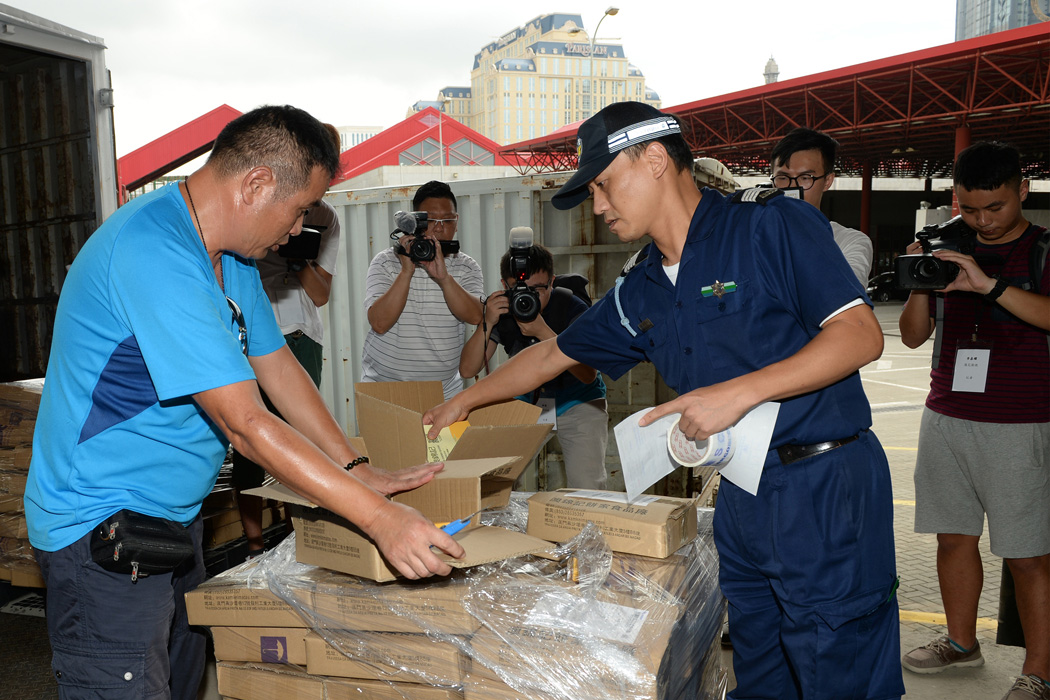
A logistics channel to take goods made in Macao or the Portuguese-speaking Countries to the Nansha New Area in Guangzhou was launched in 2017
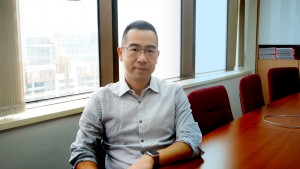
“The Chinese consumer has been quite spoilt by the high efficiency of E-commerce platforms.” Johnny Ma, Executive Vice-President of Sino-Portuguese E-commerce Chamber



